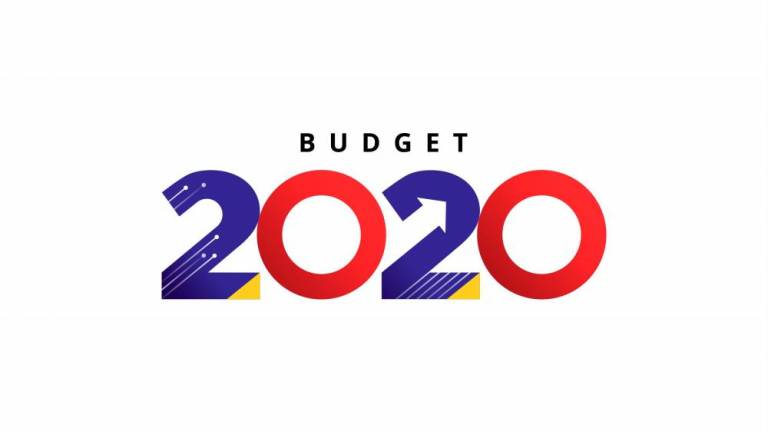KUALA LUMPUR: The 2020 Budget represents a prudent balance between the competing needs for Malaysia to preserve fiscal sustainability, while also responding to the realities of a slowing economic environment, The World Bank Group said.
“Proposals to reform Malaysia’s investment incentives framework, focusing particularly on job creation and SME linkages, as well as enhanced monitoring and evaluation, are an important step in the right direction,” Lead Economist for Malaysia, Dr Richard Record said in a statement today.
He said the budget focus on connectivity and logistics, as well as structural reforms to improve trade facilitation, and facilitate new investment flows in the context of the current trade tensions, would likely yield positive returns in an uncertain trade environment.
“We also welcome the emphasis on addressing the power of monopolies and acknowledge the positive impact of measures already taken to increase competition in the broadband connectivity space and welcome the announcement of intentions to similarly increase competition in the energy sector,” he said.
He said The World Bank is also encouraged to see momentum towards improving the legal protection of parents, including as part of the planned reforms of the Employment Act and other labor laws.
“The proposed increase of maternity leave to 90 days from 60 beginning in 2021 is an especially welcome reform measure that will bring Malaysia closer to international legal norms,“ he said.
On fuel subsidy, he said the reform to the fuel subsidy framework is a step in the right direction in terms of better targeting towards those on lower incomes and a shift to delivery of cash via the Bantuan Sara Hidup (BSH) framework.
“However, there is still scope to more closely focus on the mobility needs of the poor, including those who do not own motor vehicles,” he said.
Meanwhile, he said extension of the Sales and Services Tax (SST) to cover imported digital services is also seen as a helpful step forward.
“However, further efforts will be needed to boost public sector revenue, which continues to fall well short of comparator economies.
“This would mean not just greater progress in the personal income tax framework, but also wider SST coverage and the removal of exemptions for non-essential items,” Record added. - Bernama









